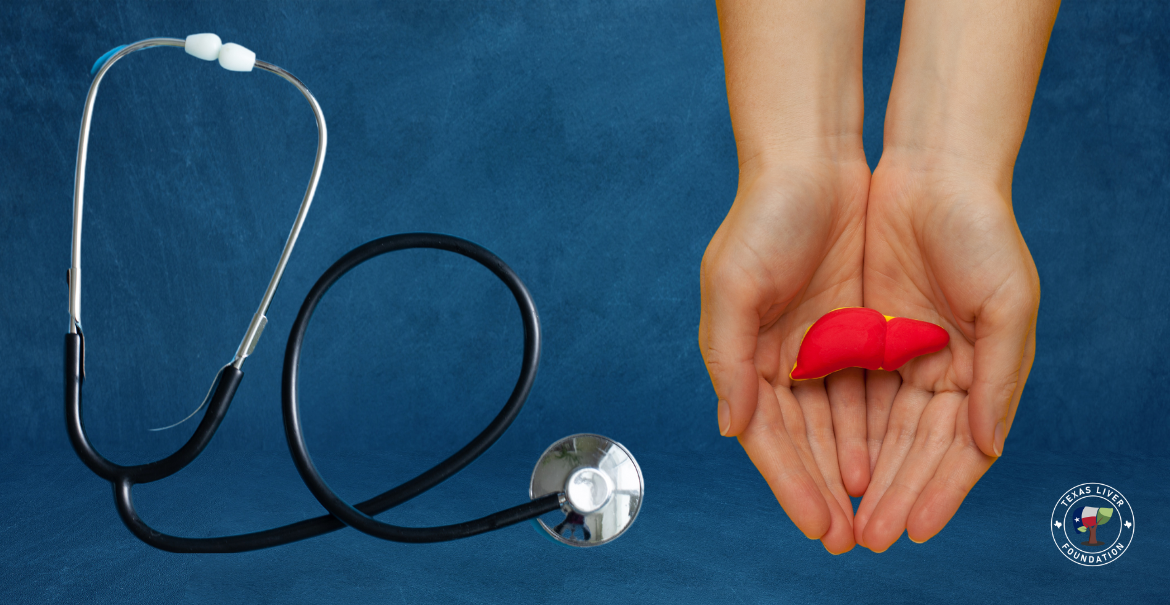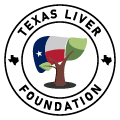Together We Can End the Stigma of Liver Disease!

17 Jul 2023 |
The stigma attached to liver disease is a hidden burden that affects millions of people across the globe. Texas Liver Foundation works to raise awareness, educate, and improve the lives of Texans facing liver disease. In this post, we delve into the impact stigma has on patients and caregivers, shedding light on the harm it can cause. Let’s come together as a community and break the silence!
The Weight of Stigma
The stigma associated with liver disease is rooted in misconceptions, fear, and a lack of understanding. It can manifest in various ways, from social exclusion and discrimination to self-imposed shame and secrecy. Because of this, patients and caregivers can face judgment and are often forced to deal with insensitive comments, which can exacerbate the emotional and psychological toll of living with liver disease. Ultimately, the impact creates a great weight on those affected that can be seen in many layers as they navigate life with their condition.
Impact on Patients
- Delayed Diagnosis and Treatment: Stigma can prevent individuals from seeking timely medical care due to fear of judgment or shame. Due to this delay, patients may miss opportunities for early intervention and potentially worsen the progression of liver disease.
- Emotional and Psychological Distress: Stigma contributes to feelings of isolation, shame, and low self-esteem. Patients may experience anxiety, depression, and a reduced quality of life due to the fear of being stigmatized or misunderstood.
- Limited Support Systems: Stigma can lead to a lack of understanding and support from family, friends, and sometimes even healthcare providers. This lack of support can further isolate individuals and hinder their ability to cope with the challenges of liver disease which can impact access to early and effective interventions.
Impact on Caregivers
- Increased Stress and Burden: Caregivers face the double challenge of managing their own emotions while providing support to their loved ones. Stigma adds an additional layer of stress, making it difficult for caregivers to openly discuss their experiences and seek the help they need.
- Emotional Toll: Caregivers may feel guilty or responsible for the illness, even when it is beyond their control. Stigma can intensify these feelings, leaving caregivers emotionally drained and without adequate support networks.
Challenging the Stigma
The first step in combating stigma is through education. Texas Liver Foundation works to provide educational resources, bring the community together, and disseminate accurate information about liver health and disease. Raising awareness and dispelling myths fosters a more informed and empathetic society.
Encouraging open conversations about liver disease creates a safe space for individuals to share their experiences. These honest and open conversations break down barriers, challenge stereotypes, and promote understanding. In addition to encouraging open dialogue, we should all extend empathy and support to those affected by liver disease. Doing so helps reduce the stigma and create an environment where individuals feel comfortable seeking the care they need.
Through collaboration and advocacy, we can work together towards ending the stigma surrounding liver disease. By partnering with organizations like Texas Liver Foundation, you are helping advocate for policy changes, improved healthcare access, and increased support for patients and caregivers.
Ending the Stigma
The stigma tied to liver disease has far-reaching consequences, impacting the lives of both patients and caregivers. Join us in raising awareness, promoting education, and challenging misconceptions. Together we can create a society that embraces compassion, empathy, and understanding for all those affected by liver disease.
Speak up, share your stories, and let’s build a future free from stigma and full of support. Your voice matters and we want to hear it!
If you would like to share your story, you can do so by leaving a comment or visiting THIS link. And don’t forget to visit our Instagram and Facebook pages for regular posts related to liver health and liver disease!
